About two years ago, Kim Yi Dionne (Smith College), Tom Pepinsky (Cornell University), Steve Saideman (Carleton University) and myself engaged in a really fun conversation on how much content by female scholars did our syllabi have (you can read the whole Twitter thread here). Being perfectly honest, the whole issue of gender parity rarely occurred to me. When I was teaching at The University of British Columbia’s Department of Political Science, I had a lot of female students, the department itself has a really strong roster of female professors, I have always had super smart coauthors who happen to be women, my Mom is a political science professor herself, and I had amazing women who mentored me (Dr. Kathryn Harrison and Dr. Elinor Ostrom, to name just a couple of them). Thus neither gender citation bias nor gender syllabus bias really crossed my mind ever.
But when Kim, Steve and Tom remarked that they were looking to include more women in their syllabi, I took that conversation to heart. In fact, Steve Saideman has been quite vocal in supporting female scholars (read his latest blog post for suggestions on how to do so on a regular basis)
This Fall 2015, I took it upon myself to find more scholarship by women (especially junior women, under-represented minorities, female scholars of color) to include in my syllabi. Both courses I teach (State and Local Government, and Regional Development) are interdisciplinary, very focused ones. Typically, US scholars would face much less of a problem to be more inclusive with State and Local Government, since the vast majority of subnational politics’ scholarship is US-oriented.
There are two specific journals for subnational politics (State Politics and Policy Quarterly and State and Local Government Review) and very little of their output has focused on Mexico (the country where I teach, and where my students are now). Therefore it’s hard to teach that course in Mexico in the English language (I teach in English, even though CIDE and Mexico are a Spanish-speaking institution and a country).
With Regional Development, while facing the same lack of scholarship in English that is focused on Mexico, I had a much less hard time, since I went to the most theoretical foundations of the course. In both cases, I am teaching third year and fourth year undergraduate students in Public Policy, so my main focus is to ensure that public policy remains at the core of the courses.
Kim Yi Dionne remarked something that I think is super important, which is not to compromise other under-represented voices.
In her case (and in that of Ryan Briggs at Virginia Tech), including African scholars is quite key because of their area of research and teaching. Ryan recently made a similar re-writing of his syllabus to include more African specialists, which I think is quite commendable.
I made an active effort to include more female scholars in both of these syllabi because, as Shana Gadarian (Syracuse) mentioned, it is important to recognize the citation and syllabus bias. We usually tend to go for “canon” or the most listened-to voices without regard for other scholars who might have equally excellent work and not be as regularly cited.
This bias seems to be most visible in in political science, public policy, international relations (though the jury is out on that discussion, see this ISQ paper). Regardless, I wanted to include more female scholars’ writing in my syllabi, so I put out two calls on Twitter and on the Political Science Facebook page. Unfortunately, a lot of the recommendations were heavily US-skewed which (for the most part) made me select them out from my list, unless they were pretty strong on the theoretical component, or the empirical side had some implications for Mexico. Since there is no equivalent on Facebook for the Political Science group, I made this request on Twitter.
Since the recommendations were solid, I then chose a number of readings (also pulling from those I remembered from graduate school, when I wrote my comprehensive exams) trying not to compromise canon readings, and including other underrepresented minorities. Once I finished this exercise (which took the better part of a month), and rewrote both my syllabi, I posted these recommendations on Twitter:
Eric Grollman (University of Richmond) has a great blog (Conditionally Accepted) where he regularly posts suggestions on how to support marginalized, under-represented and minority scholars. As I mentioned, with regards to citation bias and syllabus bias, four recommendations of mine:
- Include under-represented scholars in your syllabi.
- Cite academics whose work is great but who might not be as visible.
- Promote a broad variety of scholars: practitioners, graduate students, early-career scholars, senior professors. Both online (that’s the goal of the #ScholarSunday hashtag) and offline (emailing their work to colleagues you might think might want to read their work)
- Collaborate (co-author, share resources/scholarship) with minority, at-the-margins and less-visible academics.
I’m really looking forward to teaching these two courses in the fall. Once I have both syllabi revised (I want to run them by my colleagues at CIDE), I’ll post them online. I’m also happy to share my Dropbox folder with the weekly readings in PDF format. I’m also glad other scholars are taking my suggestion and are including more female scholars into their syllabi.
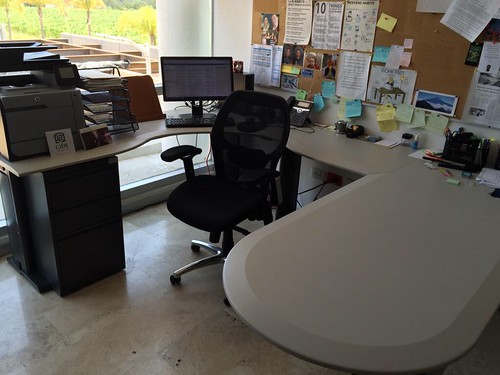
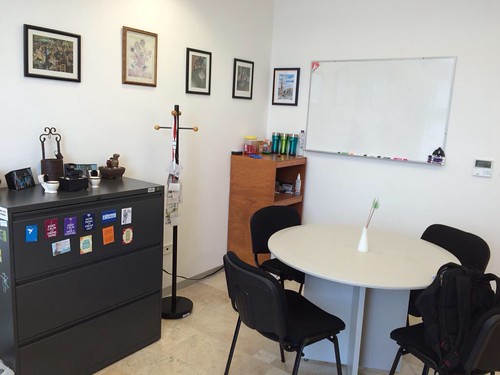
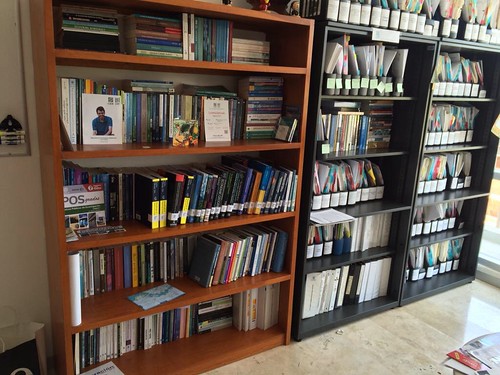
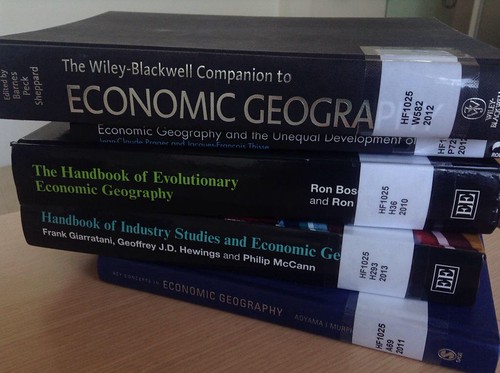
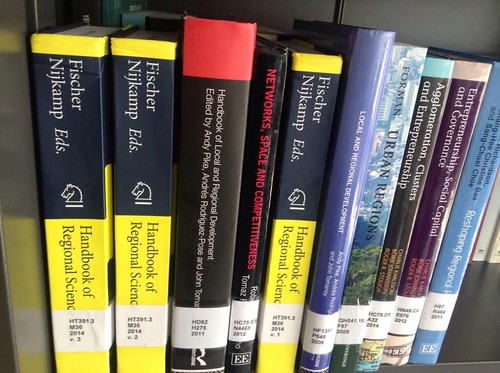

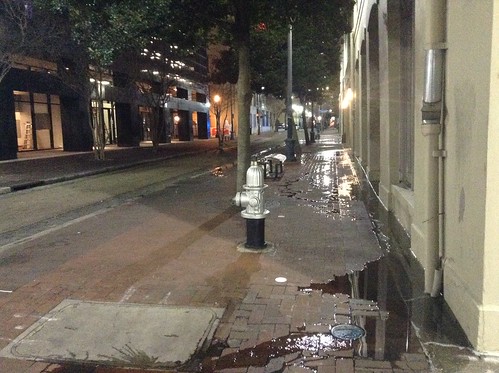
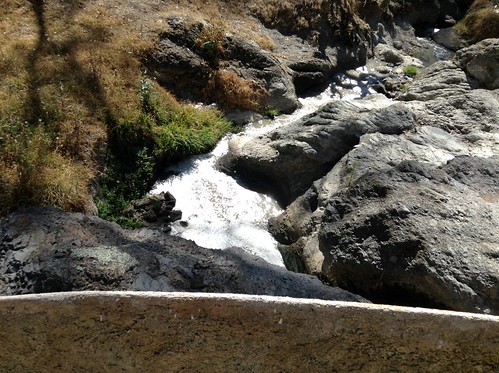
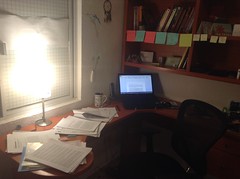
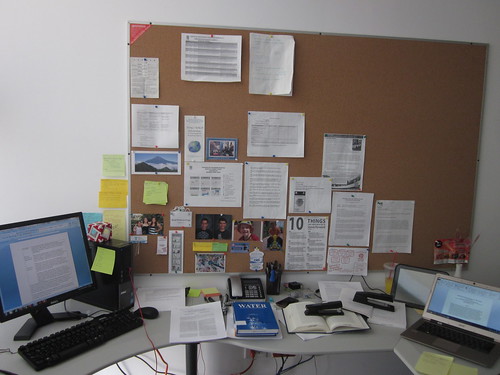
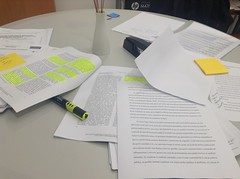
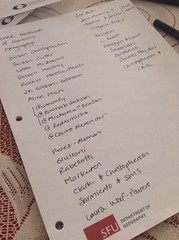
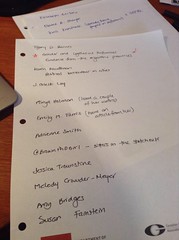
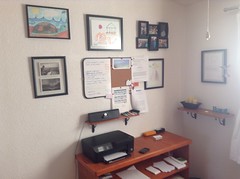
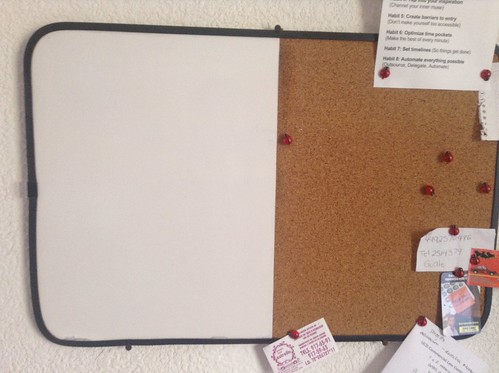
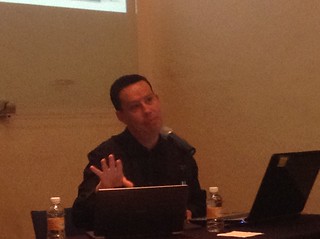
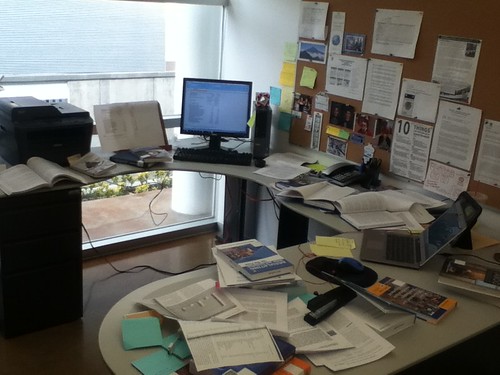
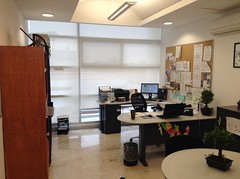
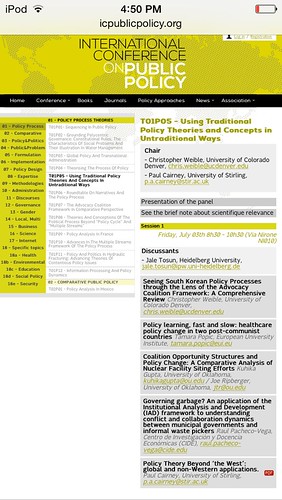
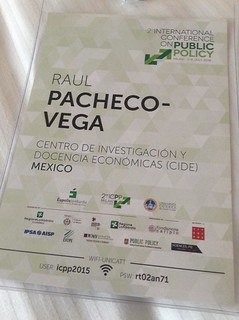
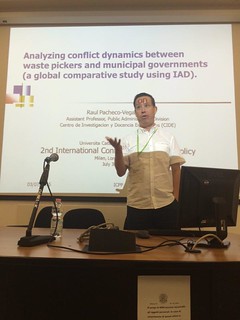
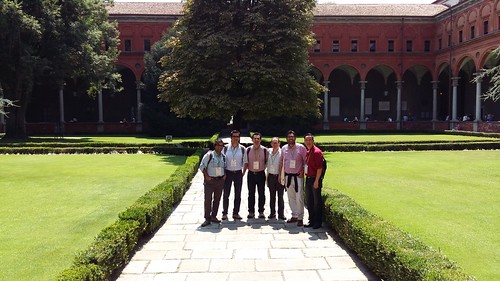
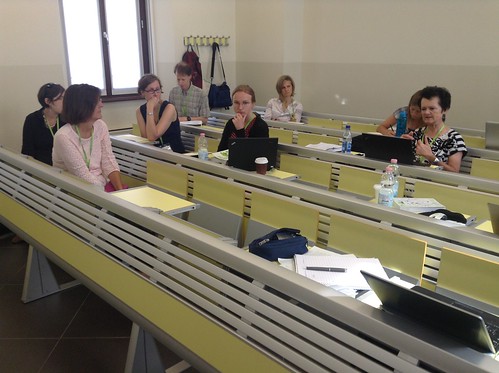

Recent Comments